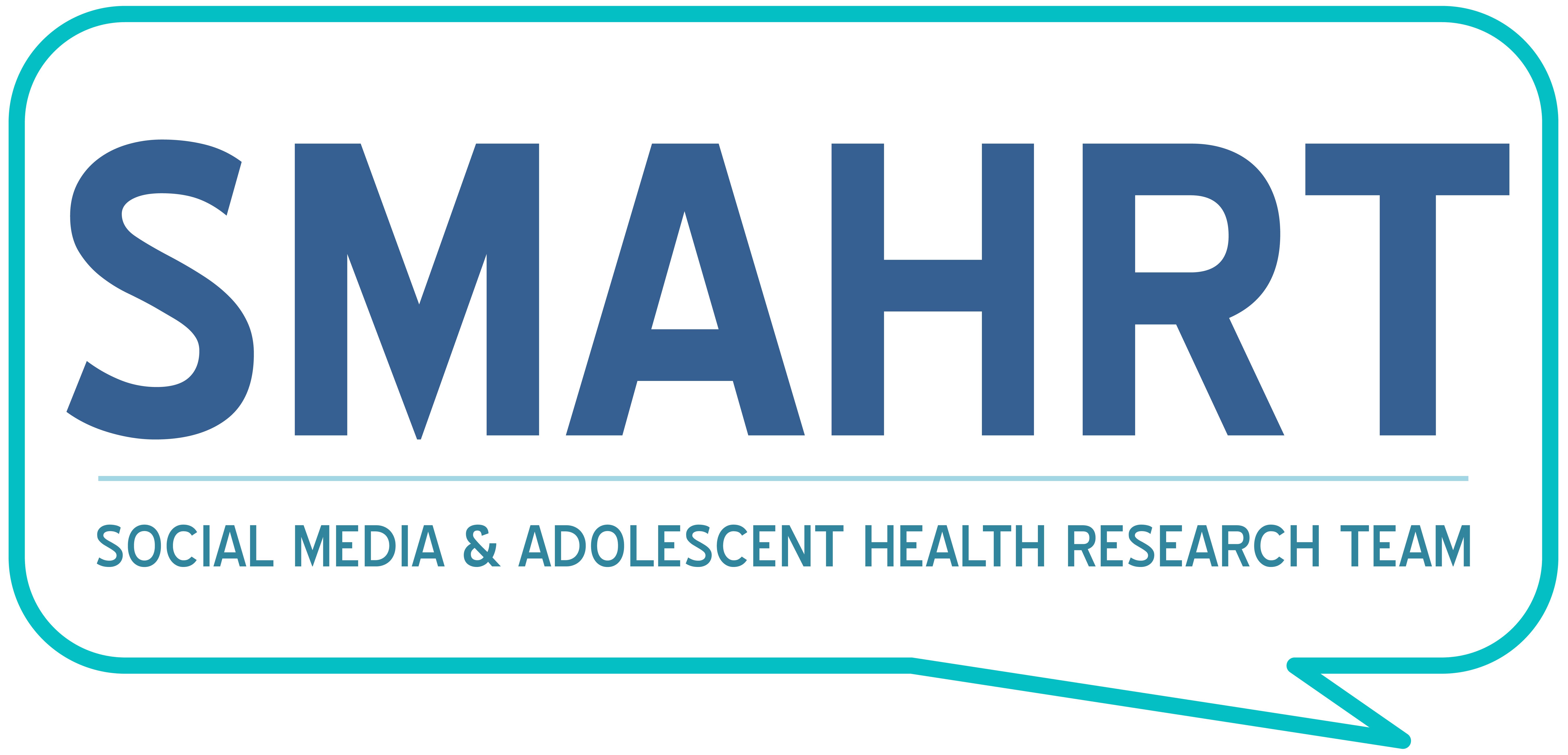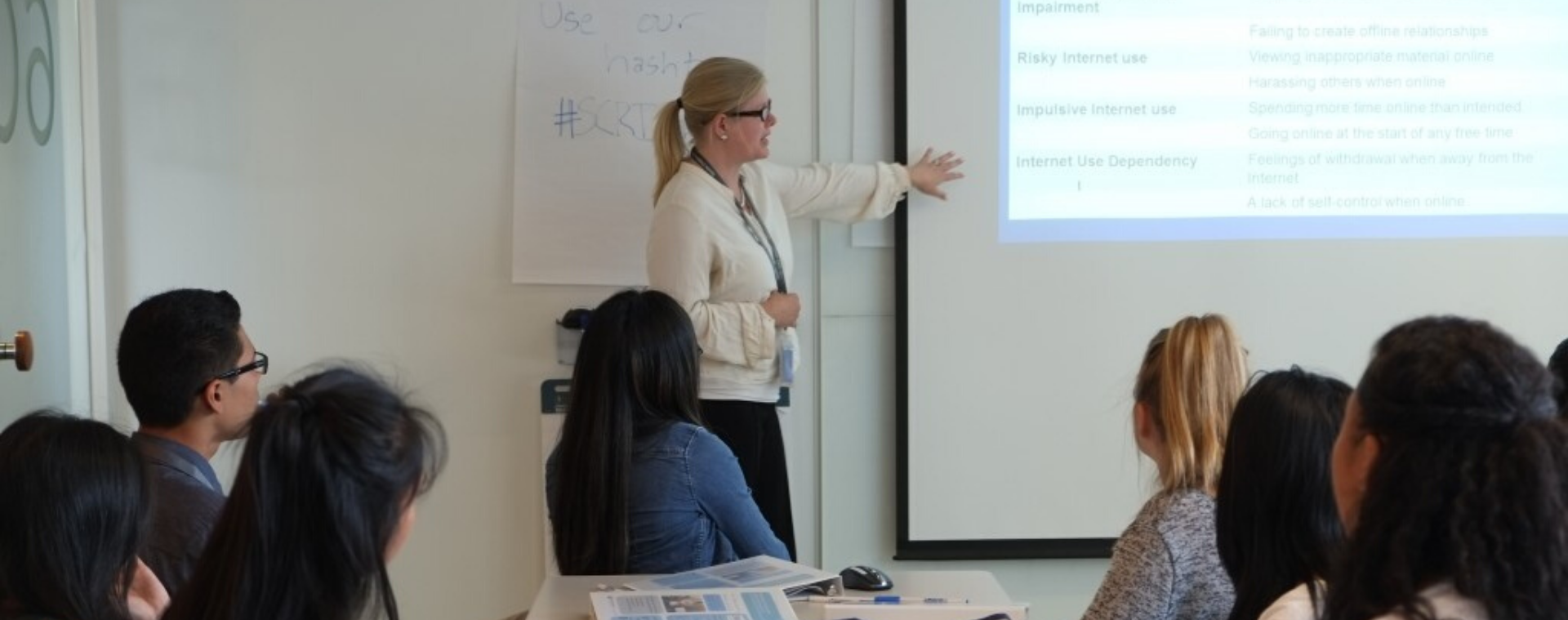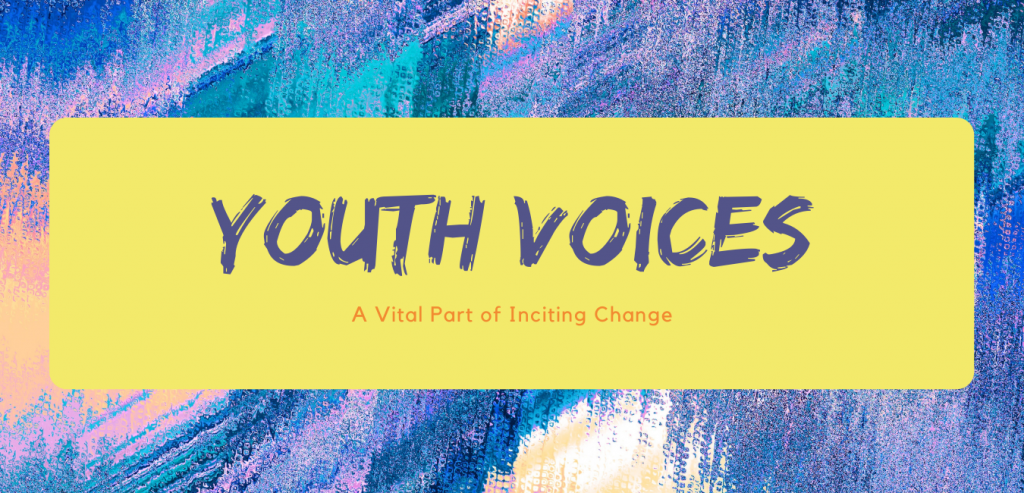
There have been many changes in our world over the last few months that have sparked conversations within our team about how we can promote the excellence in science that comes from diversity. We have found that now more than ever youth voices are a vital part of inciting change. We have been reflecting on our team’s practices of incorporating youth voices in our research and we wanted to take it a step further by highlighting their voices and experiences directly. Danny, Sara, and Kyle were part of our Summer Research Scholars (SRS) program when they were high school students. We wanted to catch up with them now as young adults to hear their experiences and perspectives on our world today.
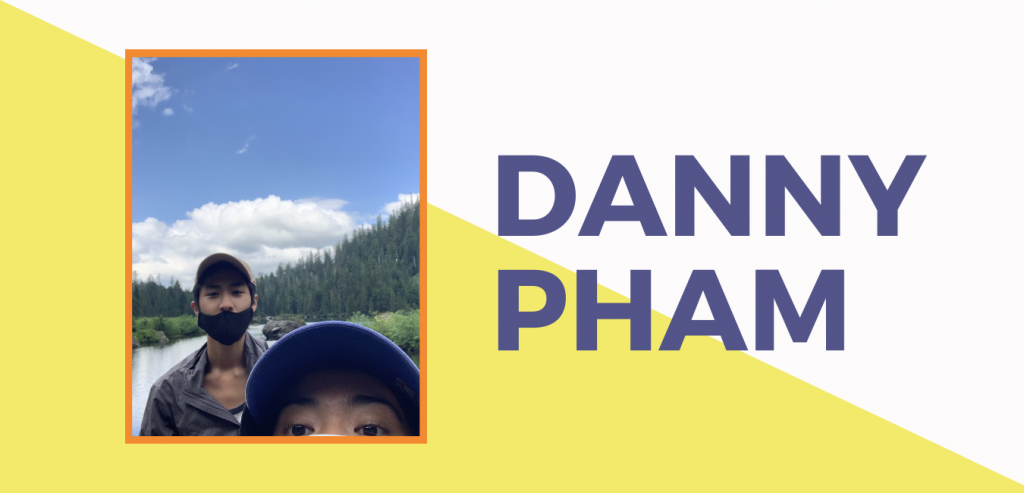
Q. Can you share what you’ve been up to since scholars?
A. I’ve just finished my undergrad degree in Geography with a focus in Geographic Information Systems (GIS) at the University of Washington. I also just finished an internship with the City of Seattle where I did GIS analyses for the Department of Transportation.
Q. Are there ways that your experience in scholars influenced your career path?
A. Scholars definitely opened up my mind towards new experiences by helping me realize that there is research and learning anywhere you go!
Q. What are some positive ways you use social media? Do you use it to connect with friends or family, to contribute to a national conversation, to inform yourself?
A. Social media is an awesome tool for me to connect with friends and family. Additionally, it is also a great way for sharing news and information. Recently, my main intention for using social media is to share information/petitions for social justice.
Q. What changes do you want to see in the world?
A. There’s a lot that I could list, but one of the best and easiest changes is for people to use the platform that they have to make sure their voices are heard. In other words, vote (if you can), share helpful information, and support those who need help being heard!
Q. What role can researchers play in promoting positive change?
A. One of the ways researchers can promote positive change is to use their research skills when using social media. Fact and source checking information online is vital to promoting truthful, accurate stories.
Q. What advice do you give teens about how to use social media?
A. Remember that social media serves as way for you to connect and share. If you can, try to make space for other activities and interests.
Q. Tell us about someone who inspires you.
A. I would say a lot of my friends are inspirations to me! A large majority of them are stepping up and using their voices, funds, and time to support social movements like the Black Lives Matter movement.

Q: Can you share what you’ve been up to since scholars?
A: I just recently graduated from UW (yay!) and I am currently taking the year off as I study for the mcat and begin preparing my applications for medical school in June 2021! Other than that, I recently had the opportunity to present my project I had started in Wisconsin back in 2018 at the UW Undergraduate Symposium! It was really gratifying to finally present my work and be able to listen and answer other researchers comments and questions on the topic. Hopefully I can further work on the project and make a paper out of it, but for now things are still unsure.
Q: Are there ways that your experience in scholars influenced your career path?
A: Oh yes for sure! If it weren’t for joining the scholars program back in 2015, I honestly would not be where I am today when it comes to my knowledge in conducting and presenting research. This program allowed me to take the reins on a project and gain experience not a lot of other people have the opportunity of gaining. The fact that I have been able to conduct my own project and present it at a symposium just shows how much I owe to the scholars program.
The project itself focused on online activism and the different methods taken to promote activism effectively online in order to instill change. It’s a topic close to my heart so I had an amazing time looking into it and presenting it! It’s also helped me realize I want to continue research after graduation, and hopefully while practicing healthcare.
Q: What are some positive ways you use social media? Do you use it to connect with friends or family, to contribute to a national conversation, to inform yourself?
A: Especially during the stay at home order, social media has been the only way I’ve been keeping tabs on friends and family. I think my text numbers have quadrupled since February. As for adding to the national conversation, I’ve been sharing posts and trying to spread awareness and educate people on certain topics on Facebook. Although I feel like these actions were a little passive, so I actually took part in writing an op-ed with some of my classmates about COVID-19 and how it has affected African American women throughout the US. Minorities have been neglected by the healthcare system, and by writing this op-ed we hope to let the world know the people who need the most help are getting the least resources from our government.
Q: What changes do you want to see in the world?
A: Kind of piggybacking off what I just said, especially after the national movements taking place where so many injustices were brought to light, I want to see an actual equity reached between minorities and people of the 1%. Without getting too preachy, there are several aspects deep in the roots of American ideals and systems that we need to change or highlight in order to actually instill a productive shift towards a more equal country. Our generation has been given the novel opportunity to voice our own opinions and ideas through global social media and instill a change that actually takes every voice into account. Although it sounds cliche, we are the future and we need to utilize the tools we are given to make sure lives for everyone in this country are fair and comfortable.
Q: What role can researchers play in promoting positive change?
A: When it comes to researchers, I personally think looking into topics that actual interest to the researcher is the first part. If the researcher is not dedicated and completely motivated in learning something new that they deem useful, the research wont have as big of an impact. Beyond that, looking into realms of research that are not commonly explored, which tend to be the realms that highlight minorities the most, should be looked into to promote positive change. By increasing the understanding in these areas, problems that go unheard will begin to play a larger role in the scientific, and eventually global, community.
Q: What advice do you give teens about how to use social media?
A: Use it wisely and as if it’s another form of education. Share your life and connect with friends for sure, but also use it as a way to stay connected with the world and listen to other people’s opinions on whatever medium you’re on. Social media has exponentially increased awareness on the subtlety of racism in order to reduce the daily stressors underprivileged members of society have to endure, which is a new form of positive, informative activism. For example, if it were for social media, I have a feeling people would still be wearing sombreros and inherently demeaning a culture on Cinco De Mayo or Halloween. That’s just one example I can think of off the top of my head, but there are hundreds of examples of inherently racist actions being called out in a civil manner on social media that further educated the online community as a whole in order to prevent the continuation of harmful actions. So I’d tell teens to keep an eye out for posts like that, and use them to stay informed about the different experiences shared throughout the community to have a more holistic opinion on whatever is going on in the news.
Q. Tell us about someone who inspires you.
A: Especially during the last few months, my mom has. She’s a nurse and immediately volunteered to work at our local hospital once COVID-19 patients started coming in. I admire her dedication to helping the ones most in need during hard times and I hope to be just like her when I work in healthcare. She also manages to keep up with several hobbies, like gardening and exercising, while working twelve hour shifts daily. Her resilience is extremely admirable and something I wish to emulate.
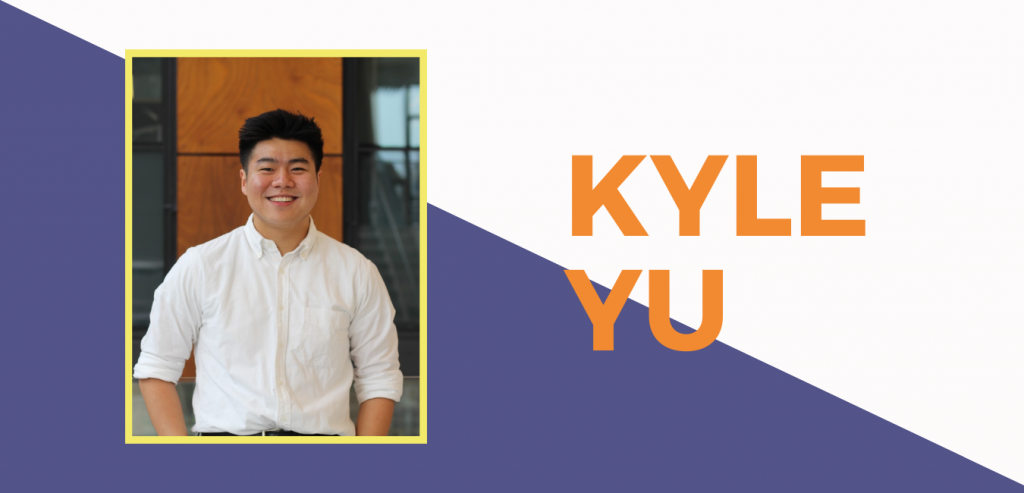
Q: Can you share what you’ve been up to since scholars?
A: Wow, it’s been a really long time since I participated in the Scholars program! I was a part of the Scholars program going into my junior year of high school back when the SMAHRT team was still in Seattle. I’m currently an incoming junior at the University of Washington. I am currently studying Biochemistry and currently on the Pre-Med track. Last summer (of 2019) I actually flew out to Madison and interned with the team for several months. I got the chance to explore more about what type of research the team does and helped with several projects, as well as conduct my own project.
Q: Are there ways that your experience in scholars influenced your career path?
A: I would say that my experience in Scholars hasn’t really directly influenced my career path, but it more gave me a glimpse of research and the research process as a whole, which is a potential part of my future career. As someone who intends to enter the healthcare field, research is super critical to understanding many different aspects of the profession, ranging from understanding the biological processes and interactions in our body to identifying how to most effectively communicate with patients of different backgrounds.
Q: What are some positive ways you use social media? Do you use it to connect with friends or family, to contribute to a national conversation, to inform yourself?
A: Given the current state of the world, with the pandemic and quarantine to the national conversation about injustices, social media has emerged as the primary platform to stay connected with my friends and to what is happening the world. Social media has allowed me to stay in touch with everything and it has allowed me to educate myself on many different things.
Q: What changes do you want to see in the world?
A: I want to be able to see the world be a place where we all can see past the biases and prejudices that are all around us and treat everyone as who they are: human. It won’t be easy to reach this, but with every uncomfortable conversation and with more awareness shed on the injustices that surround us, we get one step closer.
